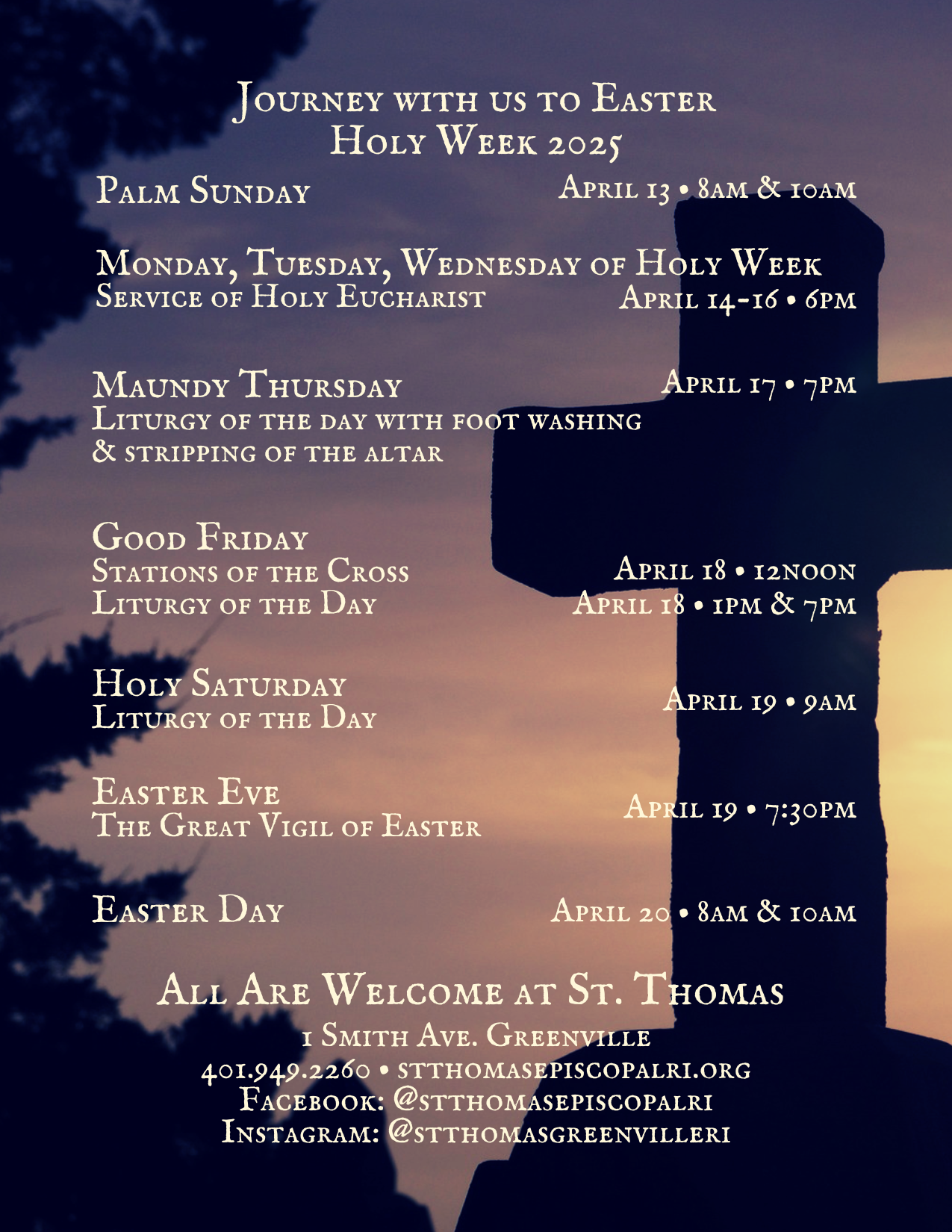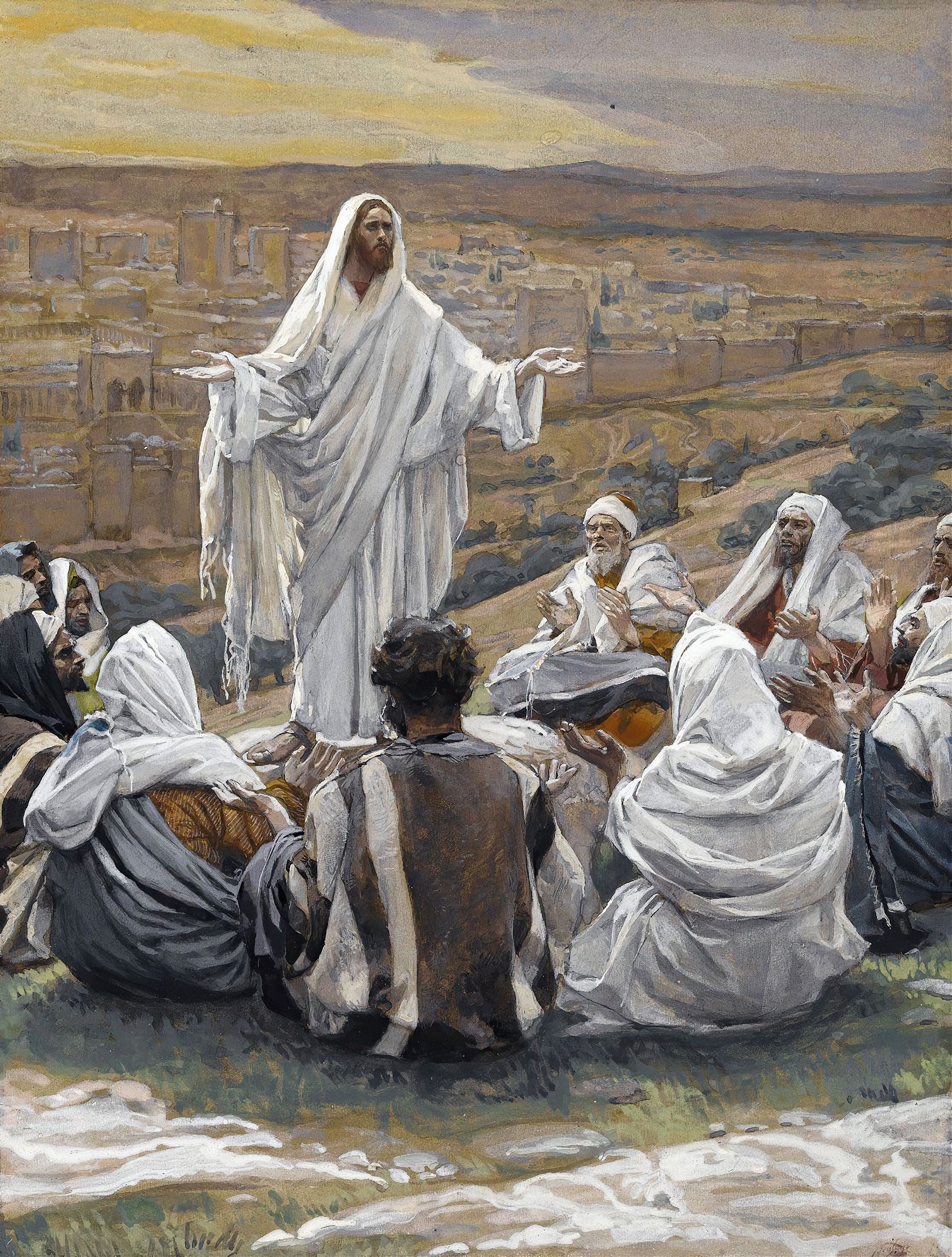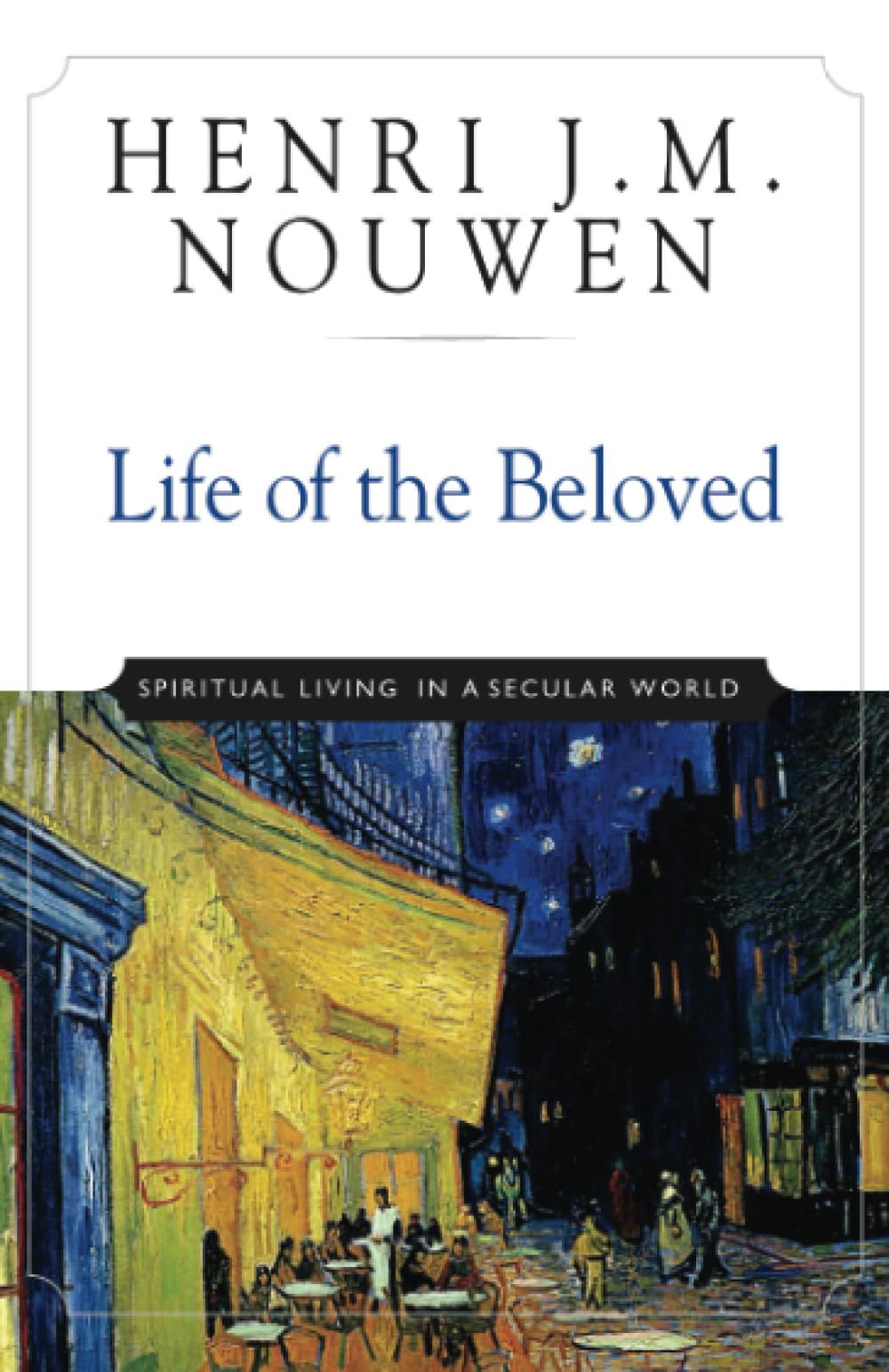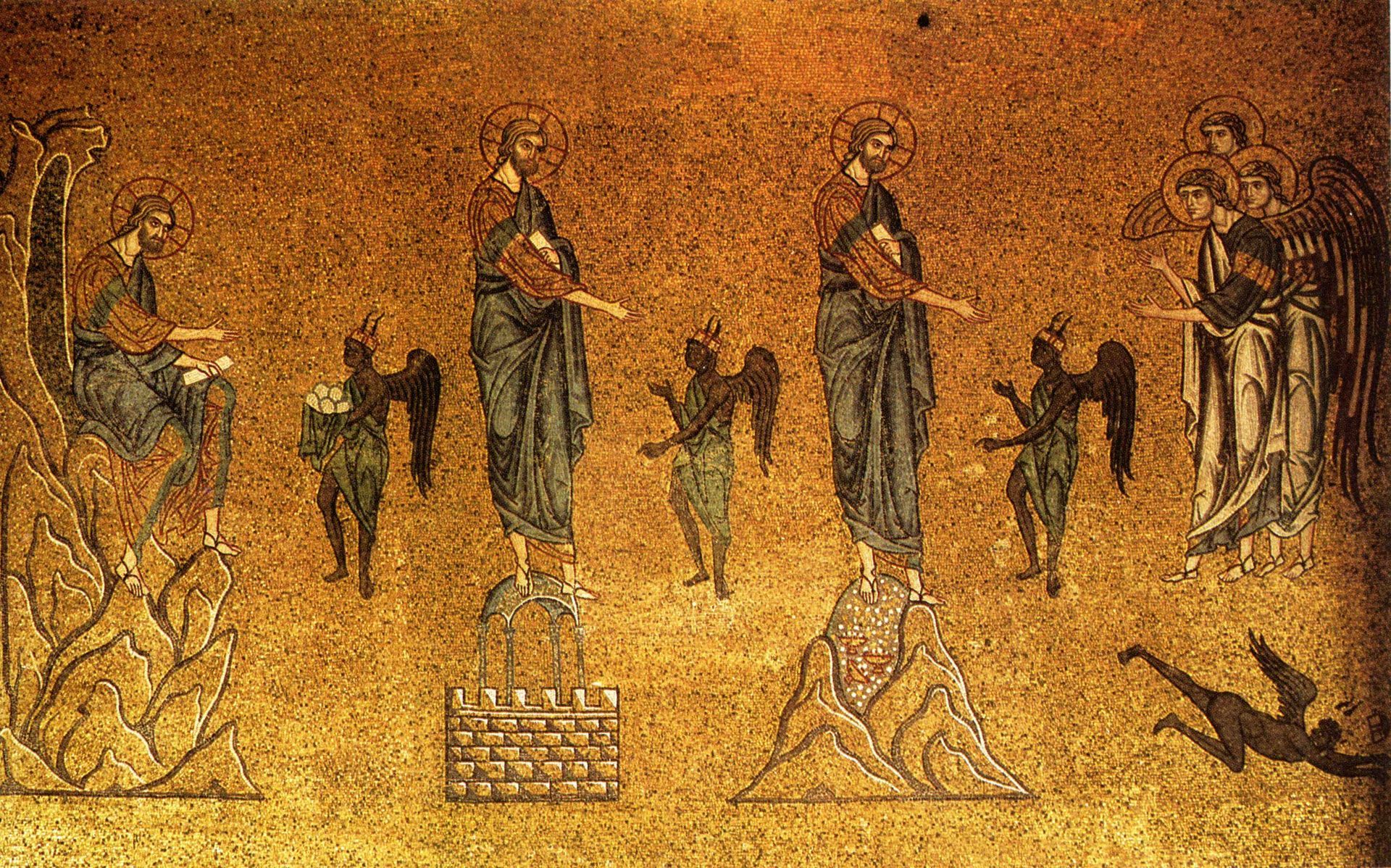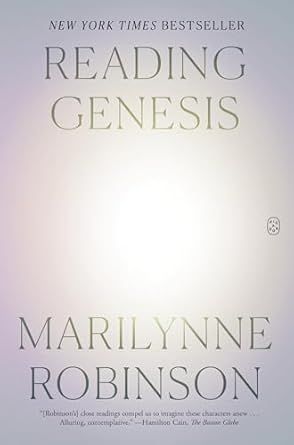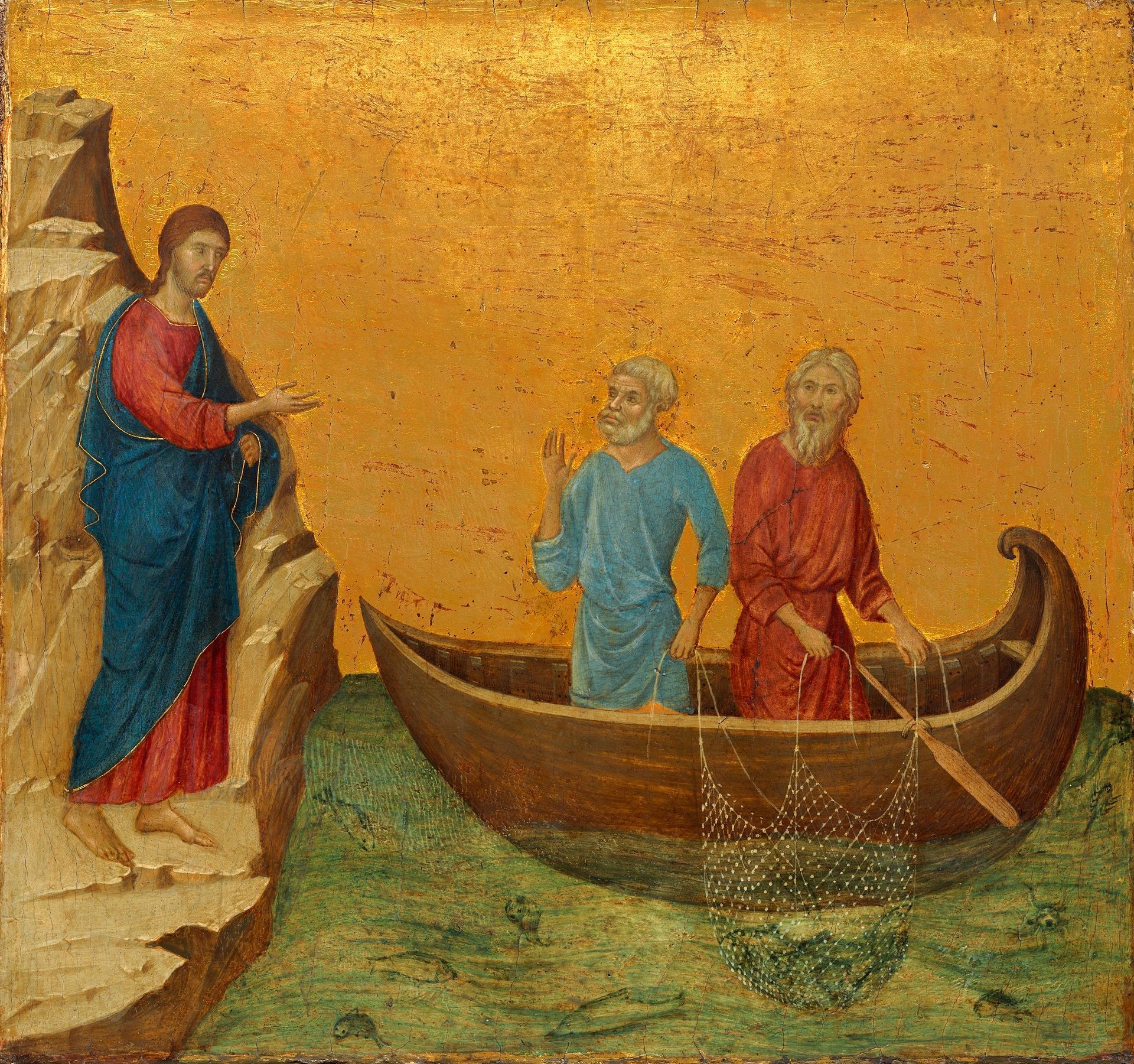Sunday, November 24
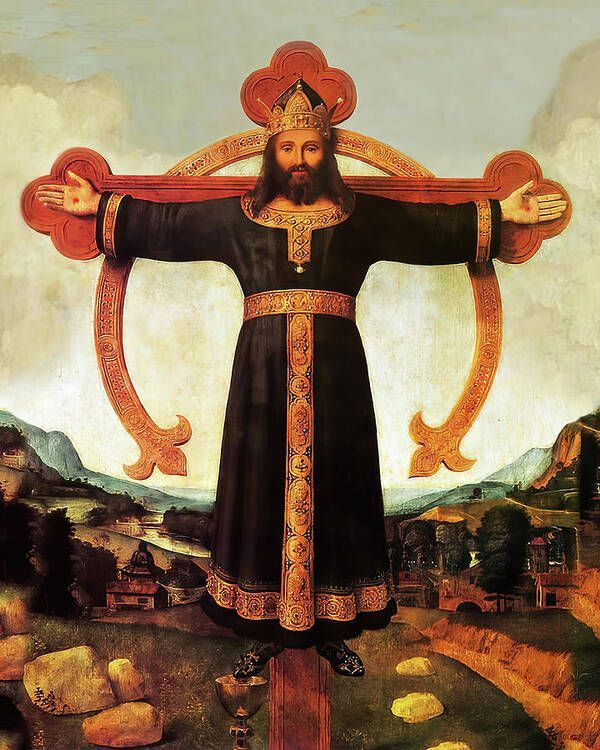
This Sunday is the Last Sunday after Pentecost. While not the official title on our calendar, this Sunday is often referred to as Christ the King Sunday. This feast was instituted in 1925 by Pope Pius XI in response to the growing secularism and nationalism he witnessed in the world around him. Pope Pius XI established this feast to remind the faithful who their true king is. While it is not actually a feast on our calendar, hence referring to it by the name given in the Prayer Book (the Last Sunday after Pentecost), I do believe that Pope Pius XI was onto something that was needed in his time and in ours.
As we look at earthly rulers over the last century and beyond we see a radically different kingly image than the one we see in Jesus. In our own time, as has been true throughout history, we have witnessed earthly rulers wage war against their neighbors, commit horrific acts of holocaust and genocide, strip the earth of its resources, exploit humanity for their own power, and scapegoat the most vulnerable to distract the populous from their shortcomings. Of course there are examples of rulers who have worked for peace, who have used their power and privilege for good - Blessed Margaret Queen of Scotland, whom the Church remembers on November 16 particularly comes to mind - but we know these exemplars are the exception not the rule.
On Sunday we hear once more of the ultimate act of love which our King has preformed for us as we return to John’s Passion narrative. Specifically we enter into the story as Pilate summons Jesus to his headquarters while the crowd calls for him to be crucified. The exchange is brief, taking all of six verses, five of which are appointed for this week. This exchange begins with Pilate asking, “Are you the King of the Jews” (John 18:33, NRSV)? After a quick exchange between the two, Jesus’ final reply concludes our passage as he says “You say that I am a king. For this I was born, and for this I came into the world, to testify to the truth. Everyone who belongs to the truth listens to my voice” (John 18:37, NRSV). By the way, the exchange ends in its fullness at the start of verse 38 when Pilate asks, “What is truth?”
In a world of overwhelming noise, with innumerable things clamoring for our attention and loyalty, the voice of Jesus speaks into the din calling us to the truth. But what, we share with Pilate in asking, is truth?
Just a few hours before this scene unfolds Jesus is with his disciples, sharing a final meal. It is during this gathering that we hear Jesus respond to Thomas’ question, “Lord we do not know where you are going, how can we know the way” by saying, “I am the way, and the truth, and the life” (John 14:5-6, NRSV). The truth which Jesus testifies to is the very essence of his life. It is the unfailing love of God for God’s people; it is the works of justice, love, mercy, and liberation which highlight his ministry; it is the profound fact that each and every person, without exception, is a beloved child of God deserving of dignity and respect.
Beloved of God, we belong to this truth and therefore must listen to the voice of Jesus - the voice calling us to love, to share in the very same things that he modeled for us during his earthly ministry. In this time let us remember that we are first and foremost the baptized of God, citizens of heaven. Our trust and hope comes not from earthly rulers, but from Jesus our King. Let us gather this Sunday, and every Sunday, to pay homage to him who gave his life for us that we might experience love and liberation. Let us join together offering our thanks and praise, and then going out into the world doing all he has taught us to do.
